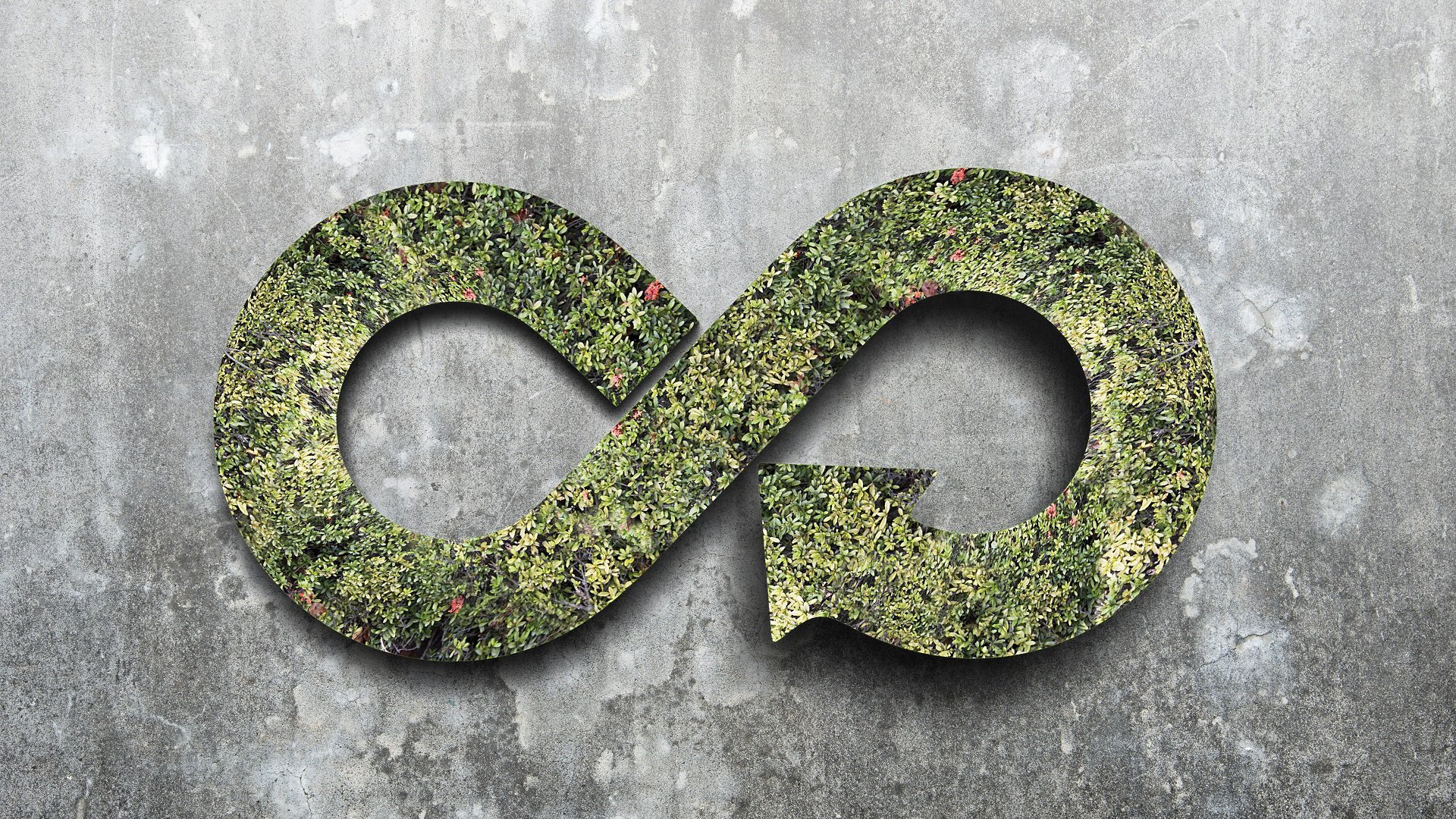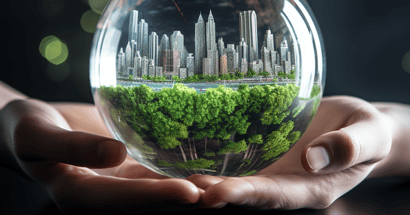This is something someone said to me some time ago. Not a shocking statement, but not the one I had hoped for.
It all began when, after 2 1/2 years of reliable service, my mixer lost an unfair battle against some dried chickpeas. The result? No delicious tapenade for our guests that evening and part of the mixer seemed to have come loose. Knowing very well that a normal warranty lasts for only two years, I still went with high hopes and armed with the original receipt to my local electronics store. Even if the mixer no longer fell under the warranty, it would surely not cost too much to repair that small part that had become loose. Well, that’s what I thought anyway…
But the shop assistant soon put an end to my vain hopes. Not only was it impossible to estimate up-front how much it would cost to repair, but it would also cost me €40 just to send my mixer to the manufacturer for them to confirm how much it would cost me to bring my trusty household appliance back to life. So, I would need to pay €40 before potentially having to pay far more to get my mixer properly repaired.
The helpful shop assistant was kind enough to make a quick calculation for me, confirming with this simple sentence its awful outcome: “Ma’am, you’d be better off buying a new mixer than repairing the old one.”
This situation kept on whirling around in my head and got me thinking. Encouraging consumers to throw away broken items rather than repairing them is surely not the most eco-friendly solution. What a huge waste of resources and certainly the cause of fast-growing rubbish dumps. Sadly, this kind of situation occurs more and more often, turning our society increasingly into a disposable society.
And this disposable society does not end with electronics. Other products like clothing, food, and furniture are also doomed to a similar fate. Did you know that around 50% of all food purchased in the UK is discarded? That’s insane!
Before we, as (European) consumers, pass the buck entirely, we should, of course, consider our role and realise that we can and must play an important role in this. There are so many ways in which resources and products can be used more consciously. For example, you can sell your old clothes second-hand or give them to charity, you can try to throw away as little food as possible and you can take your old furniture to a second-hand shop. But it’s not only consumers who should take responsibility. Manufacturers also play an important role in reducing dependence on the disposable society.
How can we stimulate commercial organisations - driven by sales - to market products that last longer, can be shared, are recyclable, etc.? It’s simple: the business case has to make sense. Successful organisations with a ‘responsible’ product range, always consider the end-of-life of the product during the design phase. These products are designed with repairs, upgrades, and remanufacturing in mind.
That’s a good first step, but often not enough.
A circular product demands... a coordinated circular business model. Such business models are slowly but surely emerging in a variety of sectors, from the leasing of carpet tiles by Desso and the sharing of hospital equipment by Cohealo to electronics repairs by iFixit. In every instance, we see how considering circular principles at the start of the chain, i.e. during the product design phase, literally results in the avoidance of waste further along the chain and even leads to greater customer value! Sound familiar? Is this not the next logical step to ‘quality at the source’?
So... hopefully my (far from unique) story about a broken mixer past its warranty period will inspire others to stop thinking so quickly about appliances as ‘waste’. There are always alternatives and opportunities to limit the disposable society and work towards a sustainable and circular economy.







